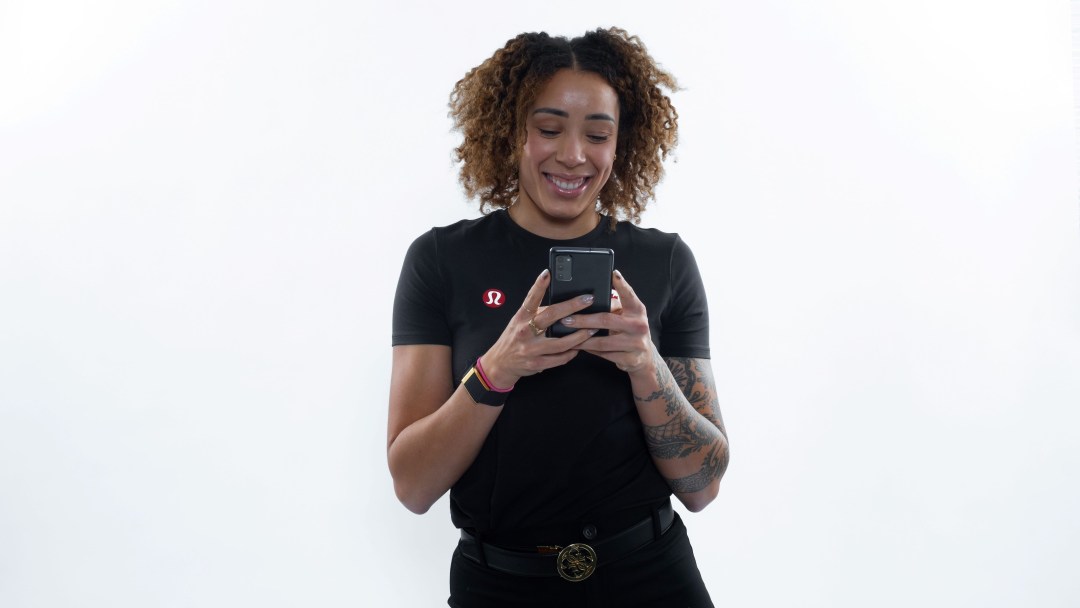Bell Let’s Talk: Olympians share why mental health matters to them
Increasingly, sporting communities, cultures, and industries are recognizing the importance of supporting and protecting athlete mental health–from youth sport all the way through to the Olympic level.
In honour of Bell Let’s Talk Day, we spoke to four Canadian Olympians about why mental health matters to them.
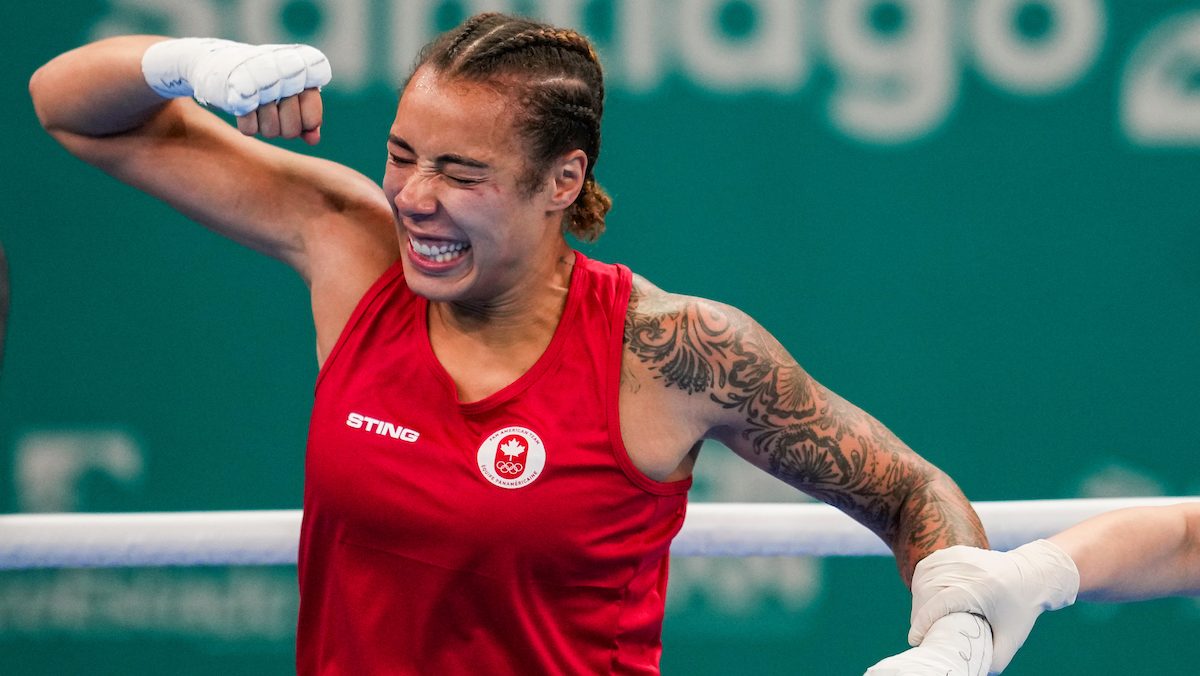
Tammara Thibeault is a Tokyo 2020 Olympian, 2022 World Champion and Commonwealth Games Champion, and most recently won gold at the 2023 Pan American Games.
On her journey to chasing Olympic gold at Paris 2024, Thibeault says that setting boundaries and prioritizing her own mental well-being have been crucial.
“I think you’re going to get the best out of any athlete–any person–if they feel good and they feel secure,” Thibeault said. “I’m at my best when I feel safe–and feeling safe isn’t just an environmental thing, it’s an internal thing.
“As athletes, we always want to do more, to push more, to get everything done. And you know what? Sometimes the best thing you can do is take a step back. You come back with a different perspective, you come back feeling refreshed, and you come back stronger. Saying ‘no’ isn’t easy. It’s really hard. But we’ve got to normalize setting boundaries.”
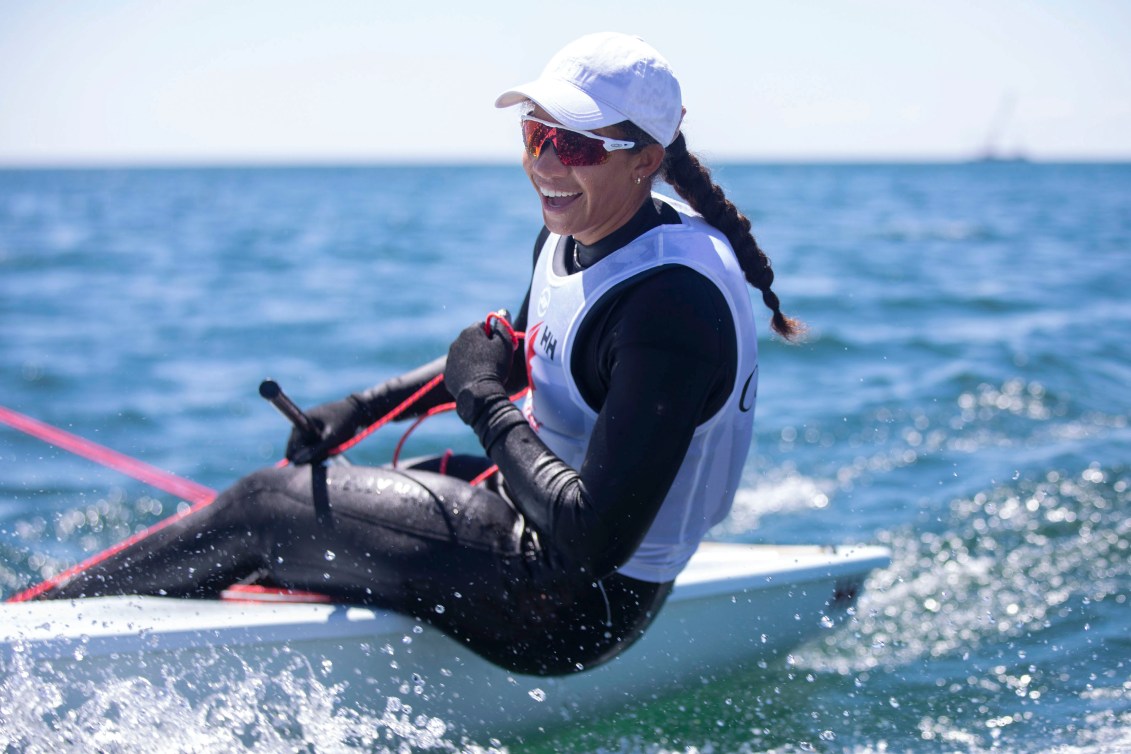
Olympic sailor Sarah Douglas is no stranger to the intensity that comes along with high performance sport. The 29-year-old finished sixth in the women’s single-handed dinghy at Tokyo 2020 – the best ever Olympic result by a Canadian woman in an individual sailing event. Mental adaptability is particularly important in her sport, where so many factors like wind, weather, and waves fall outside of an athlete’s control.
“Mental health is as important, if not more important than physical health and training,” Douglas says. “For me personally, I’ve learned that through burnout and the difficulty of managing the highs and lows of the competitive season. Those situations are ones where mental health really comes into play and it’s important to make sure you’re supported.”
For paddlers Katie Vincent and Pierre-Luc Poulin, the experience of competing at the Olympic Games reinforced the importance of having mental health infrastructure available to athletes.
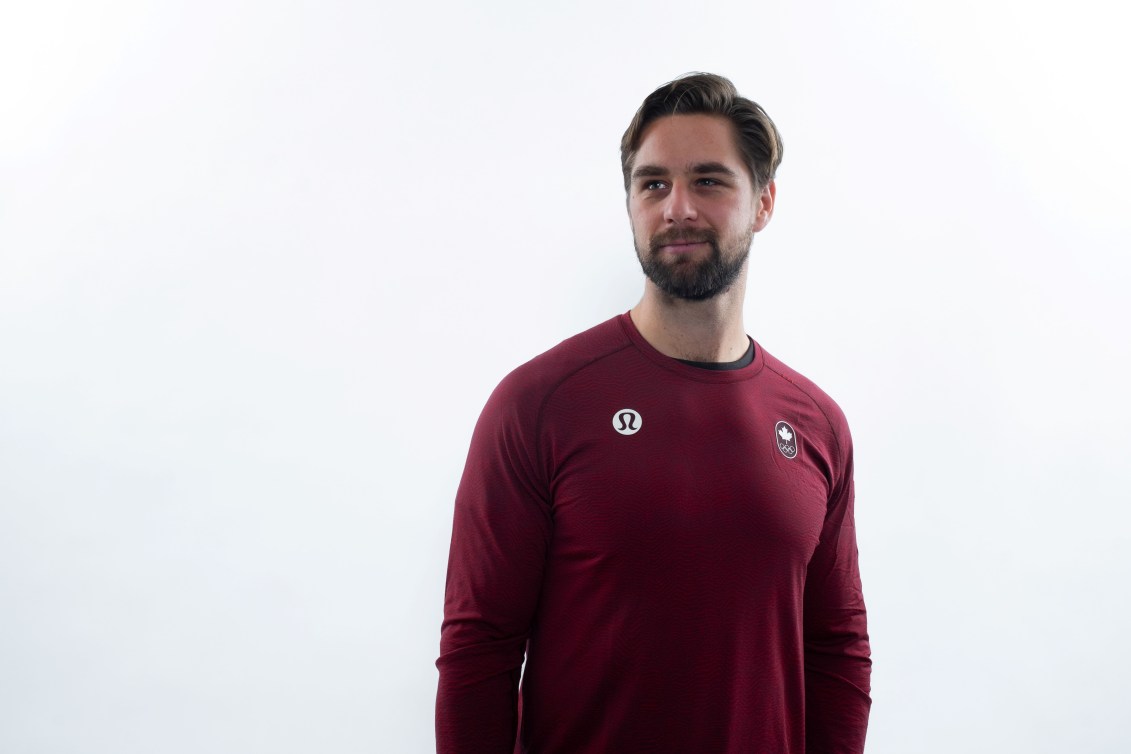
“After Tokyo, I felt empty. I felt empty of fuel, empty of drive,” said Poulin, who made his Olympic debut as a member of the men’s K-4 crew. “I needed space to think about that and to be able to reflect and grow into that feeling, first of emptiness and then of love and passion I have for the sport. But that matters–you need to have the space.”
Vincent, who came home with a bronze medal from Tokyo 2020, echoes her teammate’s sentiments.
“About a year ago, I had to make that choice for the second time in my career to seek some help. I struggled with the changes after Tokyo and that was catching up with me. It was a hard period in my brain,” Vincent says. “I knew I was struggling and my friends could see it as well. But I had the resources available to me to reach out and get help. And it was the best decision I’ve made.
“I feel like getting those resources allowed me to process those feelings and to move forward with a clearer mind,” Vincent explains. “My goals for Paris are to finish the Games feeling like I’m in a good space where I did the best I could, regardless of the result. I just want to feel like I did my best and showed up the way I wanted to show up.”
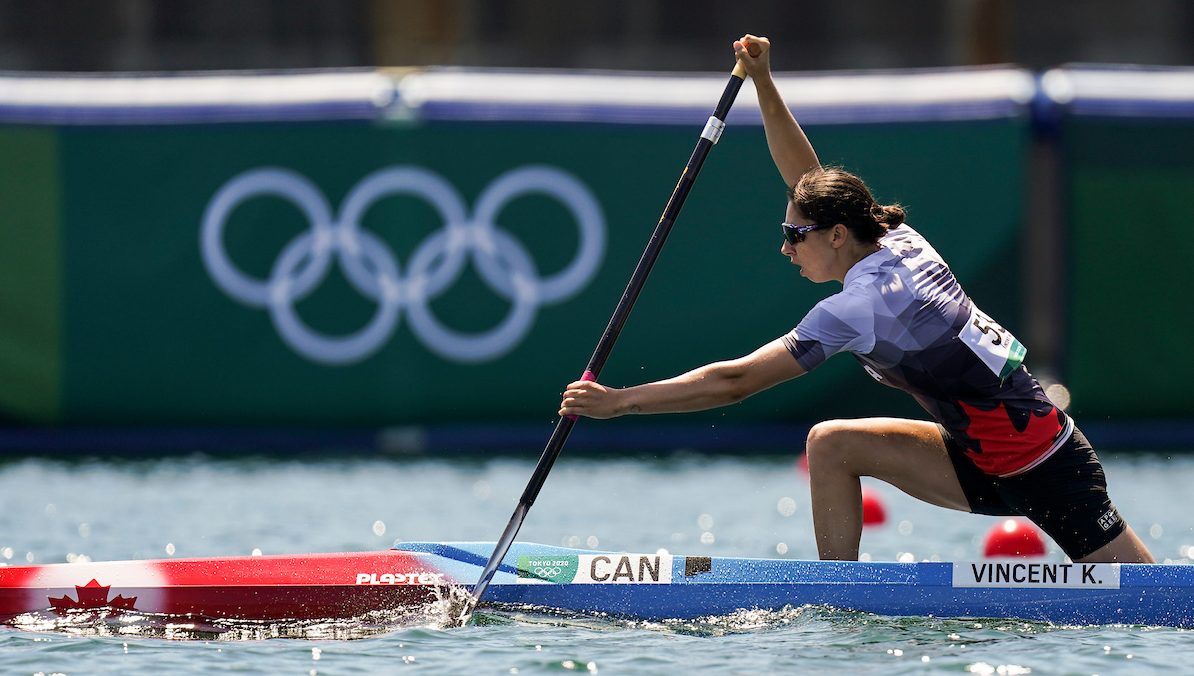
For Thibeault, Douglas, Poulin, and Vincent, the path to Paris 2024 involves not only intense physical training, but also prioritizing rest, check-ins with themselves and their communities, and accessing mental health resources so that they can show up to the Olympic Games feeling their best–both physically and mentally.
These Olympians’ experiences remind us that mental health impacts everyone and that we all play for Team Canada when it comes to supporting one another.
To learn more about how you can take meaningful action to support your mental health and that of others, check out these resources.

